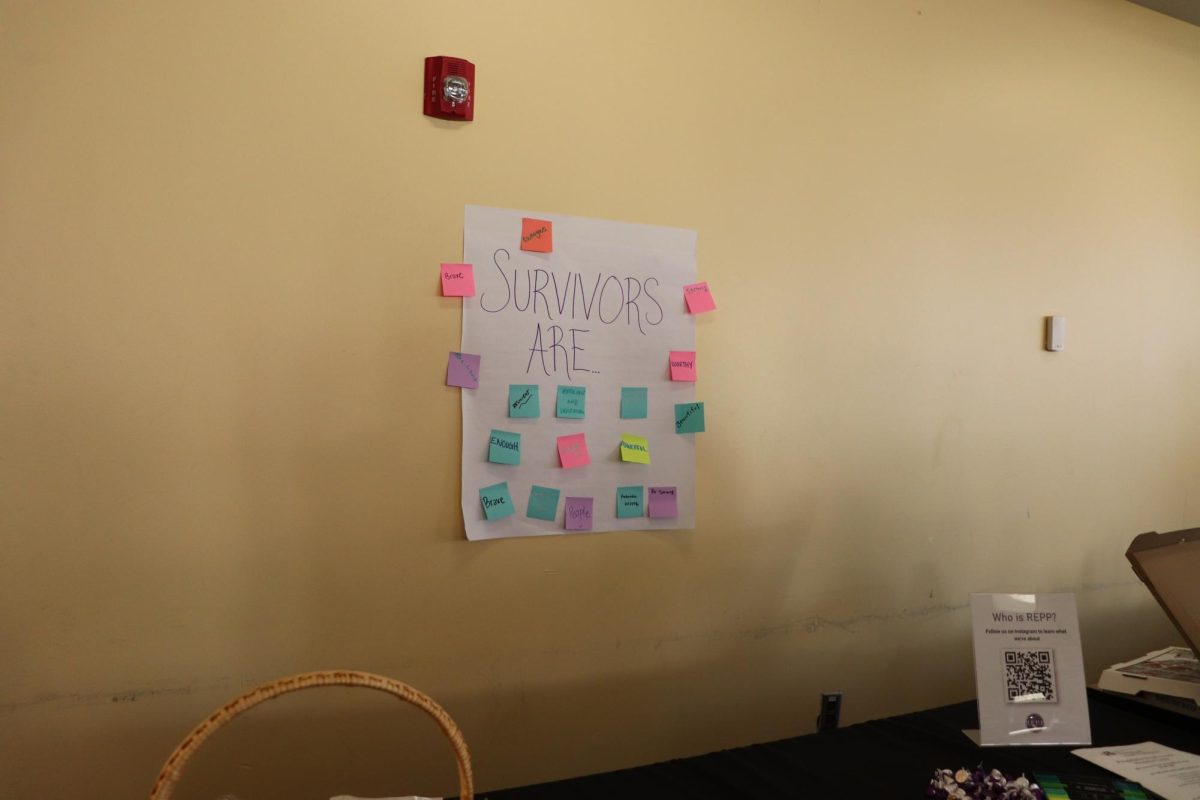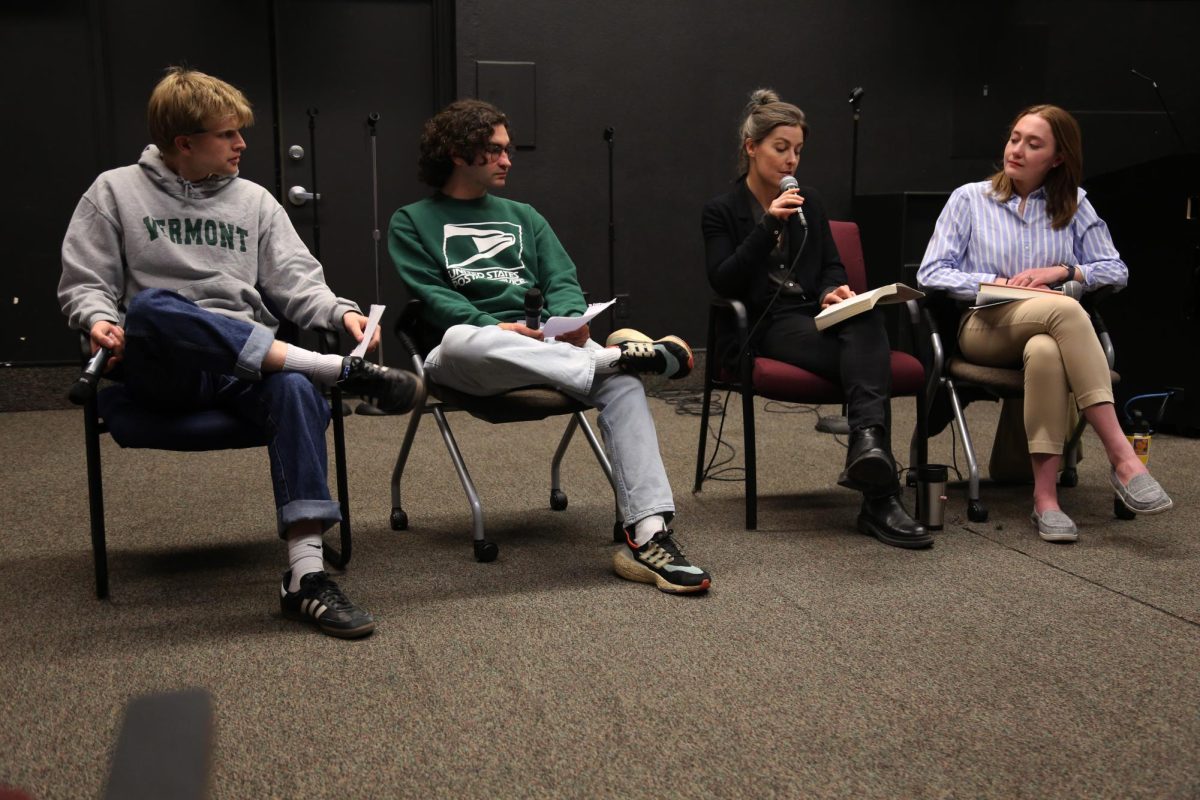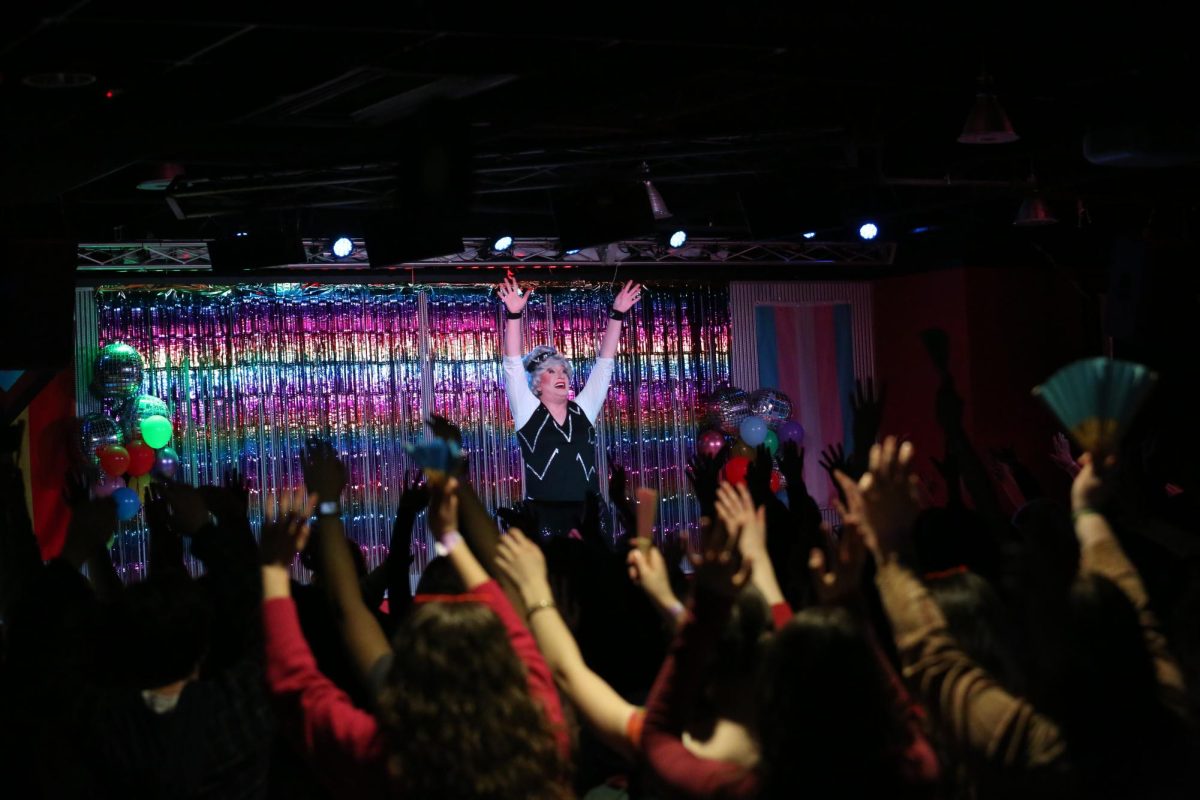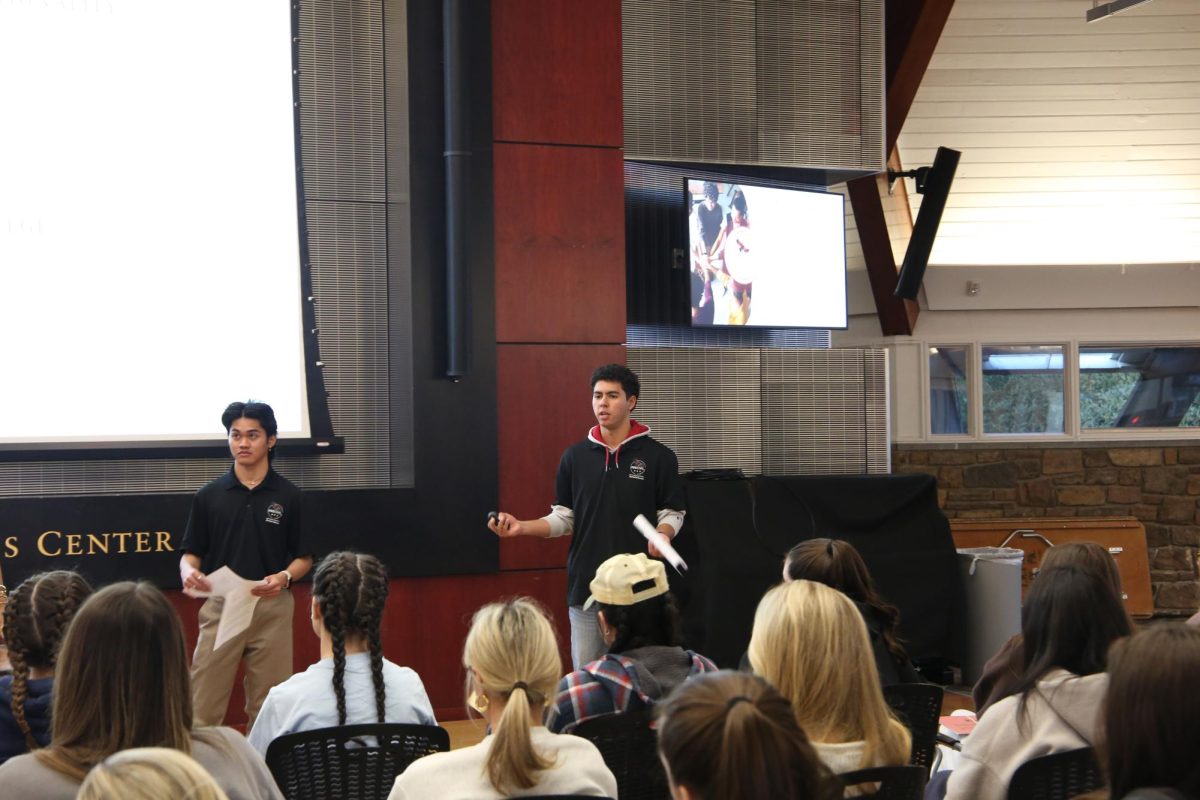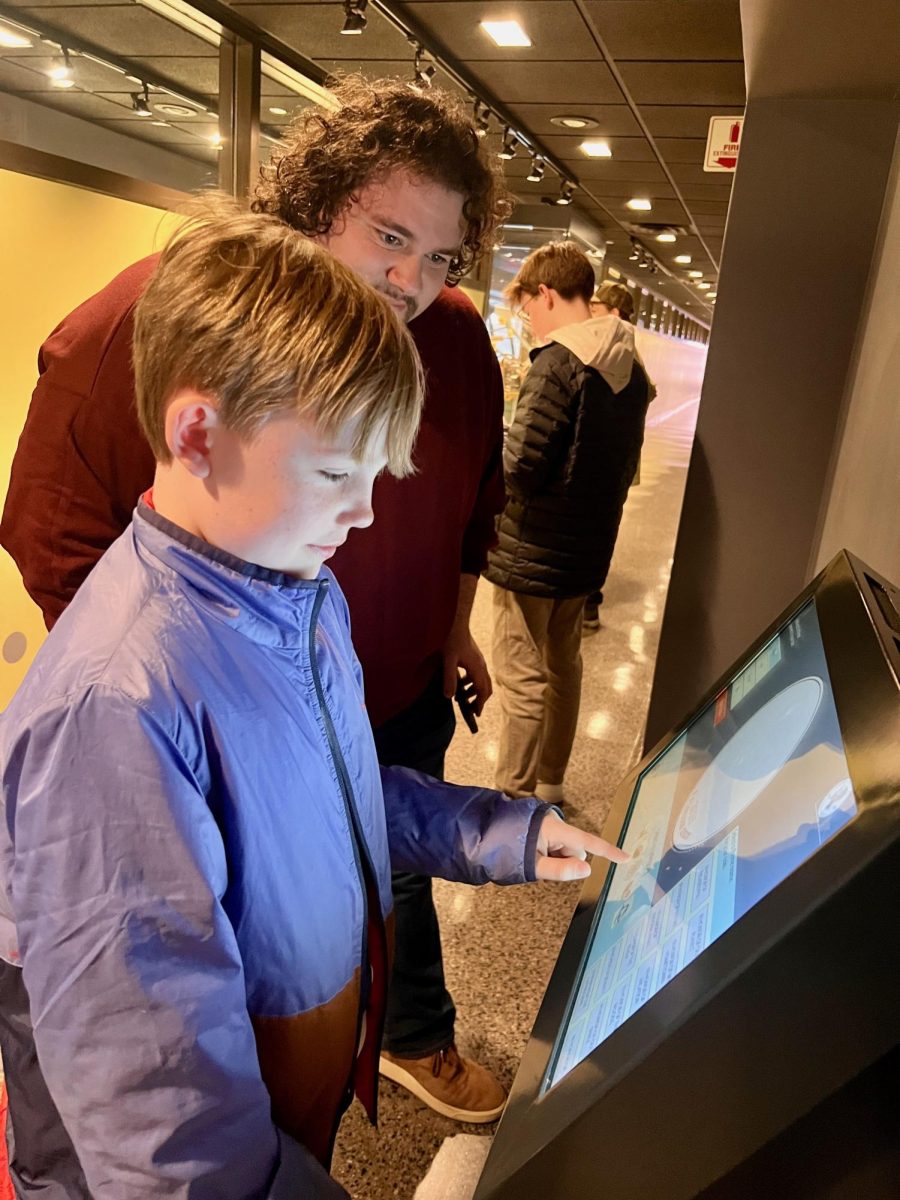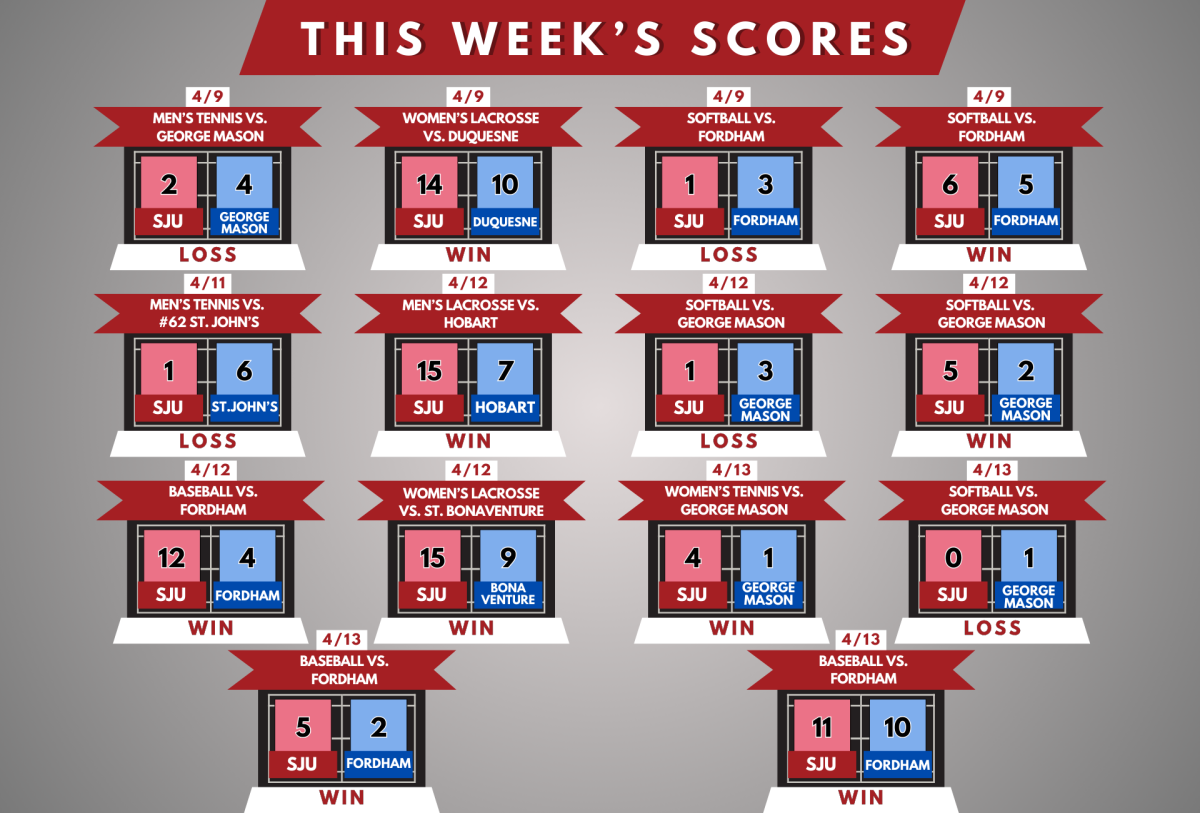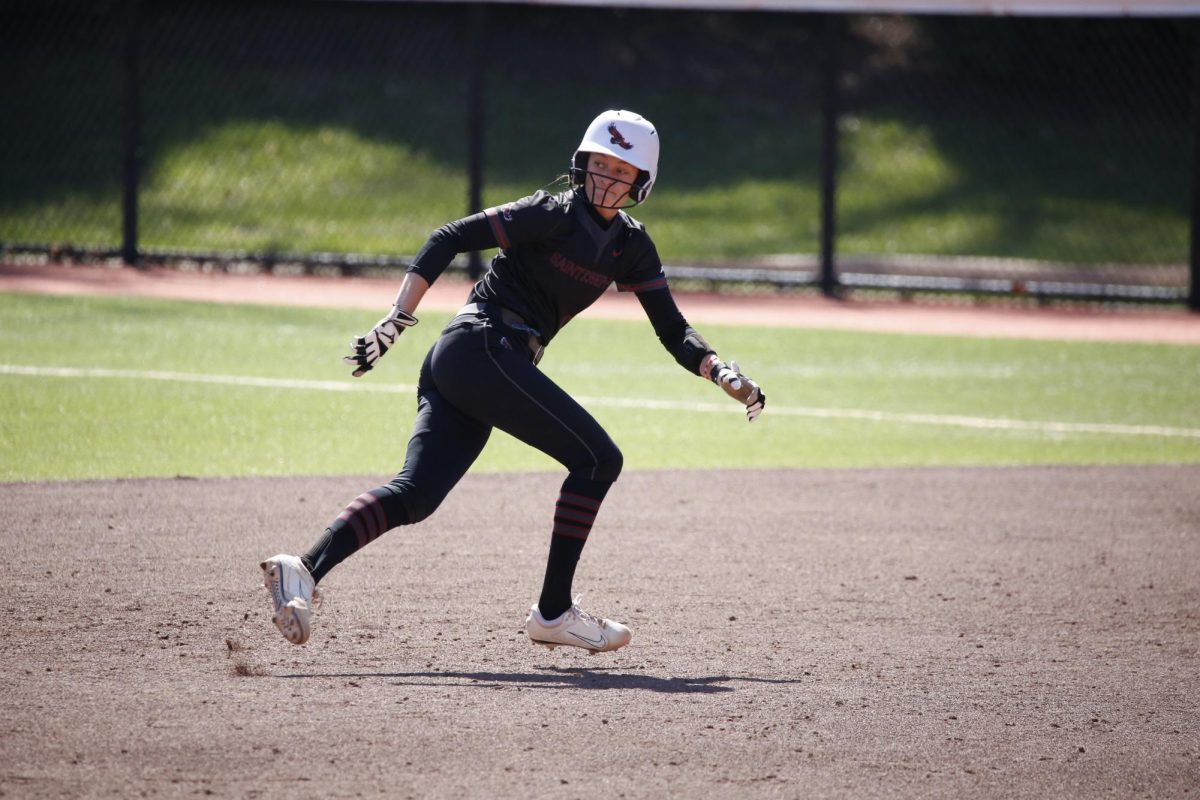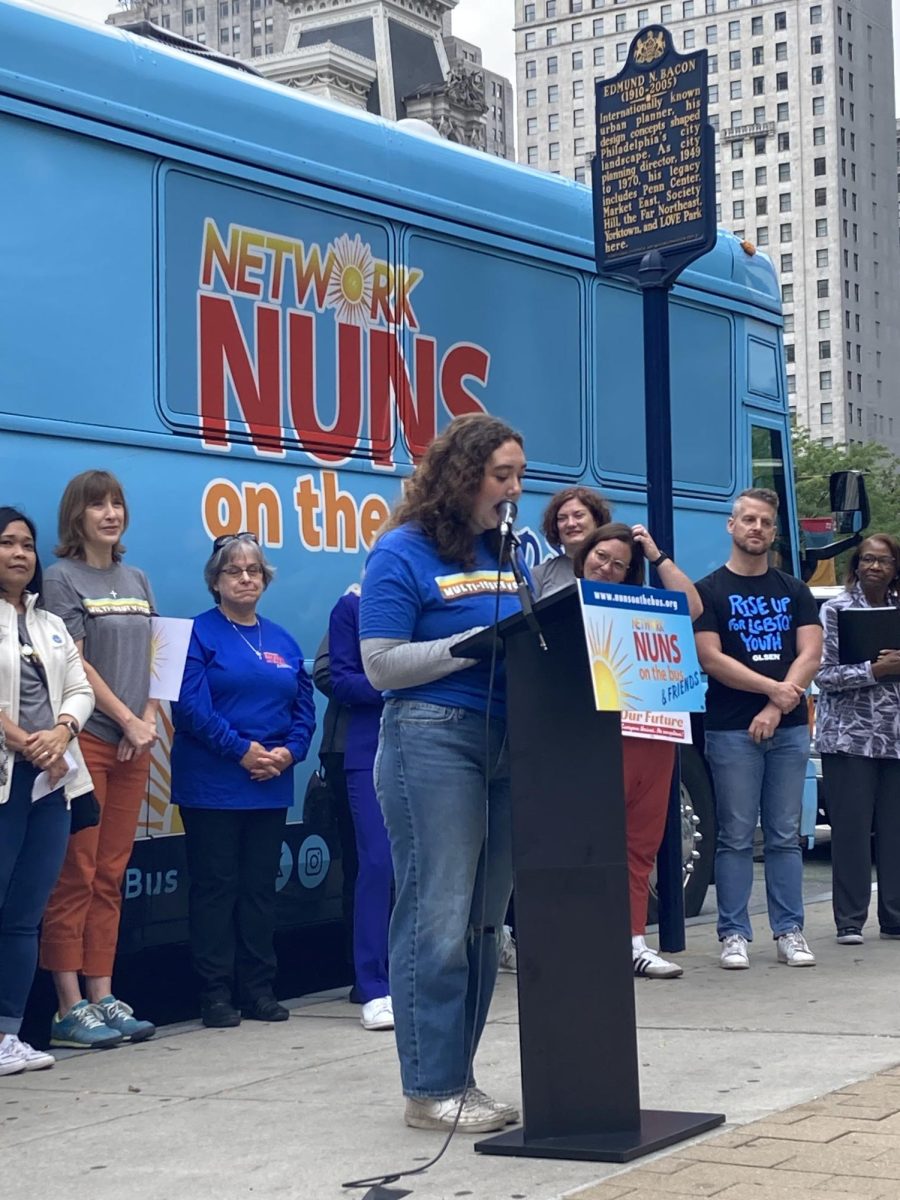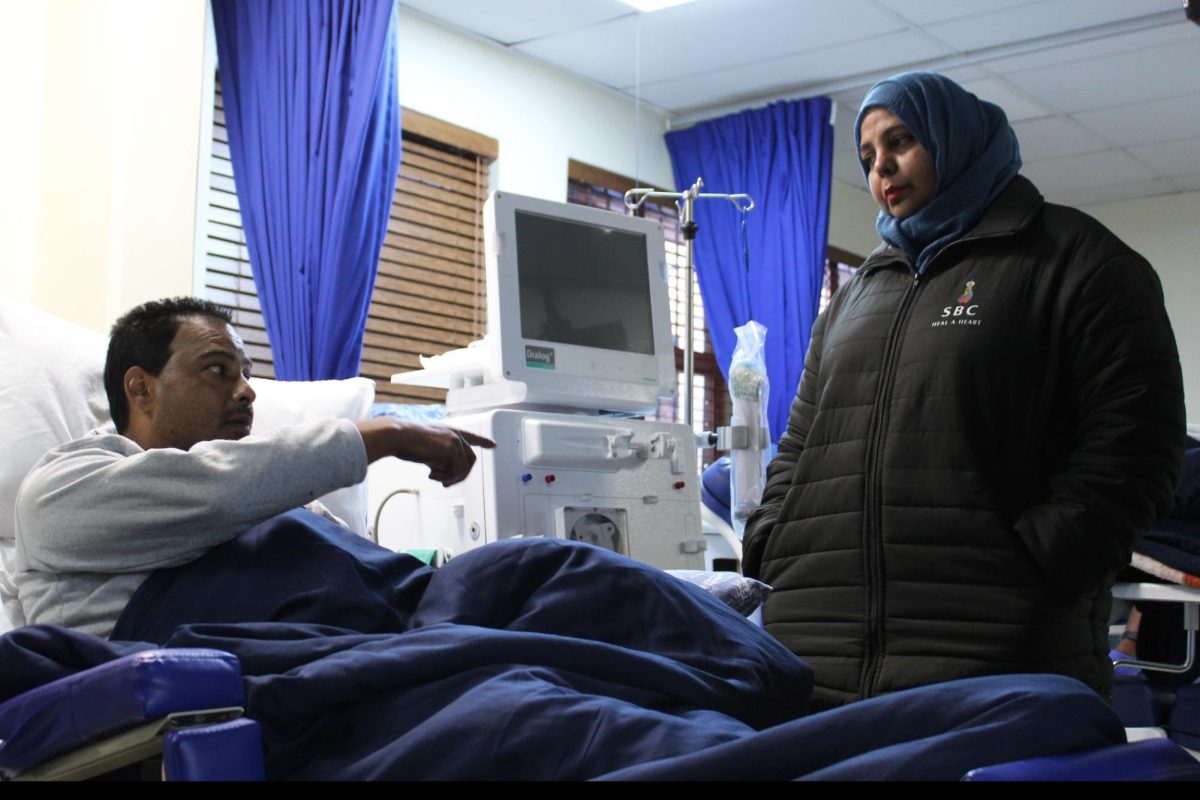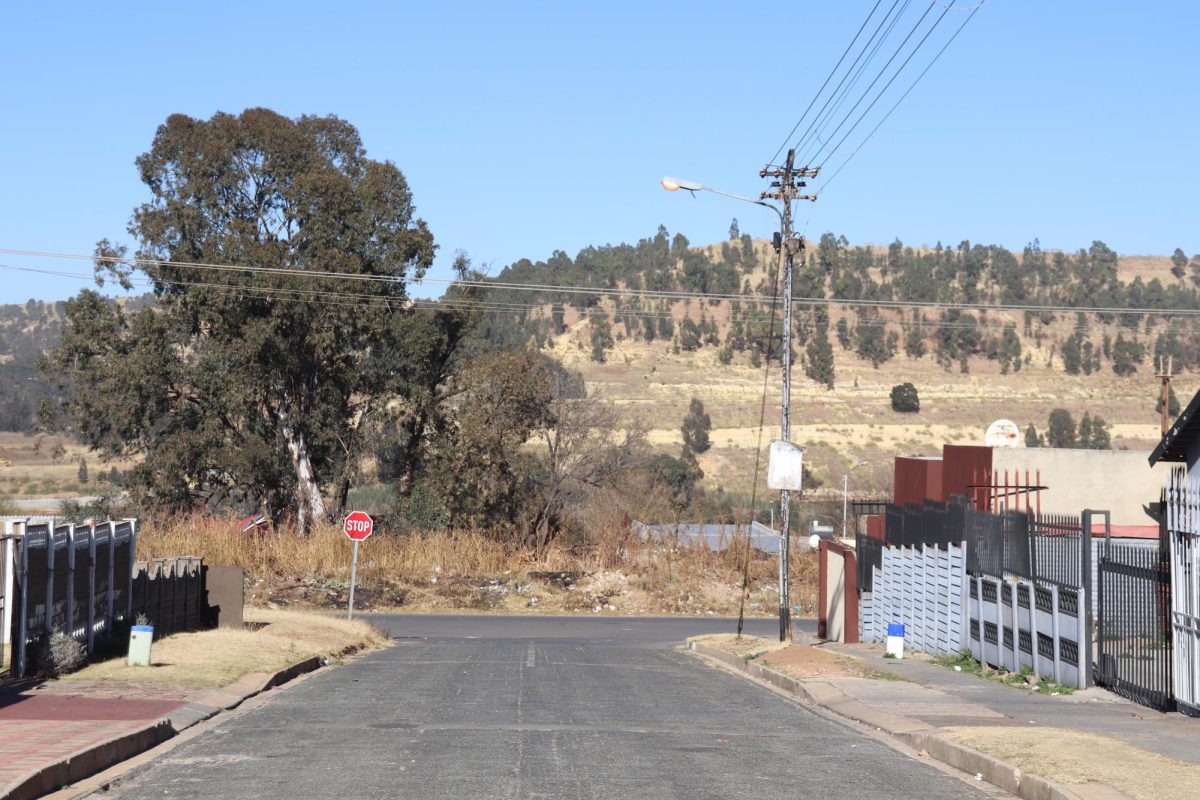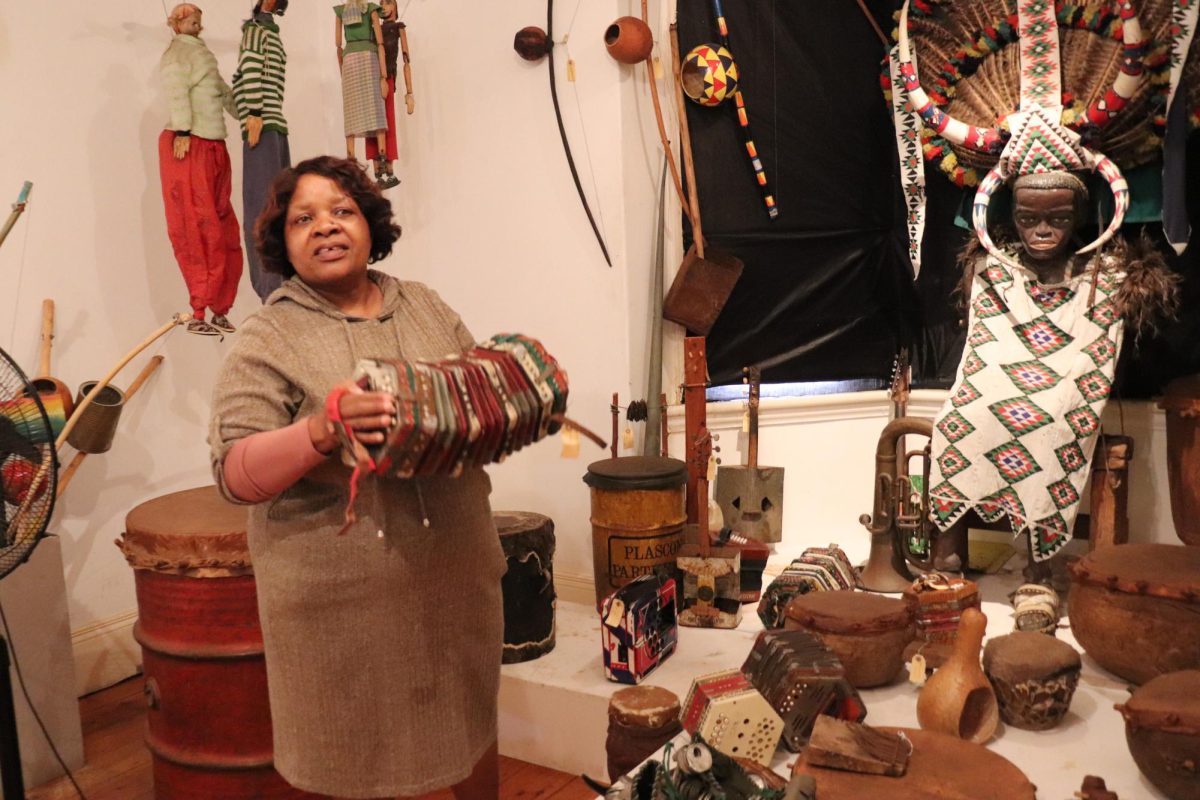Non-essential personnel, including all professors, are expected to telecommute, University President Mark Reed, Ed.D, announced in an email to the university community on the evening of March 12. Earlier in the day, an email to faculty and staff from Chief Human Resources Officer Zenobia Hargust stated, “divisions and departments should operate as normal” and all faculty and staff would have to request to telecommute.
The change follows Governor Tom Wolf’s issued guidance restricting non-essential services for Montgomery County, where St. Joe’s Merion campus is located. There are currently 13 presumptive positive cases of the coronavirus in Montgomery County.
“Essential services in Montgomery County – police, fire, and emergency medical services, public transportation, essential services for vulnerable populations such as our facilities for people with intellectual disabilities and autism – will still be operational,” Gov. Wolf said in a March 12 press conference. “Supermarkets, pharmacies, and gas stations will remain open, but we do recommend that non-essential retail facilities close.”
Public Safety, Residence Life, Dining Services, Facilities Management, and additional academic and administrative staff designated by the dean or area vice president will continue to work on campus as “essential personnel,” Reed wrote in the announcement. O’Pake Recreation Center will be closed.
“We will continue to pay employees who would have otherwise been regularly scheduled to work during this time so directed by the Governor,” Reed said in the announcement.
The City of Philadelphia announced a ban of public gatherings of more than 1,000 people for the next 30 days, effective immediately, in a March 12 press conference. The City strongly recommends that events with an expected attendance between 250 and 1,000 people be canceled, including sporting events and faith-based services.
“It is crucial at this time that everyone in Philadelphia do their part to reduce the spread of this virus,” said Thomas Farley, commissioner of the Philadelphia Department of Public Health, in a March 12 press release. “While they may seem inconvenient, these steps are vitally important to protect residents and visitors in our city.”


